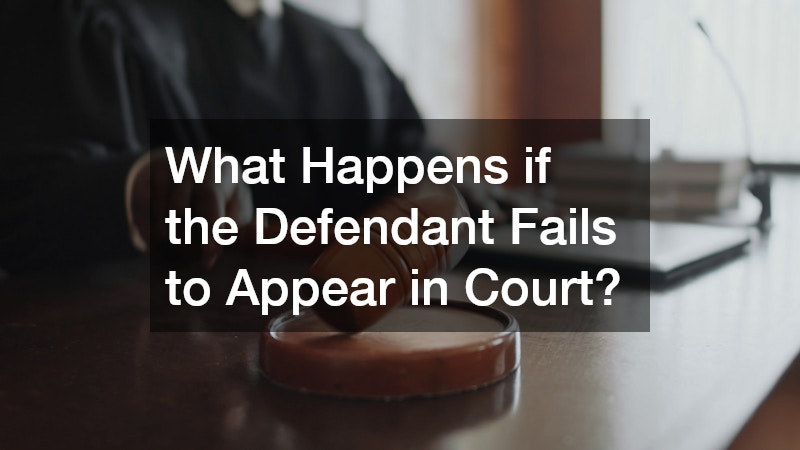Understanding the bail bond process can be overwhelming, especially during a stressful time. It’s essential to ask the right questions to make informed decisions. This article provides a comprehensive guide on the key questions to ask when visiting a bail bond service.
What is the Cost of a Bail Bond?
Bail bonds typically cost a percentage of the total bail amount set by the court, often around 10%-15% in most jurisdictions. It’s crucial to inquire about any additional fees applicable in specific cases, such as travel expenses or administrative fees.
Payment plans can ease the financial burden, so asking the bail bond service about flexible payment options or financing terms is advisable.
The cost of a bail bond can also vary depending on the defendant’s risk factor and the nature of the charges. Credit scores, employment status, and collateral can influence the final fee and terms offered by the bail bond company. By understanding all potential costs upfront, you can budget effectively and avoid any unexpected financial surprises.
Before proceeding, clarify which fees are mandatory and which might be waived under certain conditions. Some companies offer discounts to veterans or union members, so discussing any special qualifications that might reduce your overall cost is worth discussing. Confirming the total out-of-pocket cost, including any payment schedule, ensures transparency and financial preparedness.
How Does the Bail Bond Process Work?
The bail bond process begins with an arrest, followed by the setting of bail at a hearing. Once bail is set, you can contact a bail bond service to facilitate the release by posting the bond on your behalf. After the bond is posted, the defendant is released from custody with the condition of appearing in court on scheduled dates.
The bond is essentially a financial guarantee to the court that the defendant will appear for all required judicial proceedings. By involving a bail bond service, you pay a fraction of the bail amount, and the service covers the rest to secure the release. The bail bond company may require collateral to cover the risk associated with the bond amount.
The final step involves ensuring that the defendant appears in court as required. If all court appearances are fulfilled, the bond is dissolved, and any collateral is returned. A failure to appear results in the bond being forfeited, and the bail bond company may take legal steps to recover the full bail amount, including any collateral put up for the bond.
What Are the Requirements for Co-Signers?
A co-signer is someone who agrees to take on financial responsibility if the defendant fails to appear in court. This person typically needs to be an adult with stable income and a reasonable credit history. By co-signing, you are guaranteeing the bail bond agency that you’re financially backing the defendant’s obligation to attend all court appearances.
The primary obligation of a co-signer is the potential financial liability for the entire bail amount if the defendant skips the court dates. This includes any costs incurred by the bail bond agency in trying to recover the defendant. It’s a significant commitment, requiring discussion and a deep understanding of the responsibilities involved.
Before agreeing to co-sign, it’s wise to ask about any specific terms that could protect you, such as what actions are taken if the defendant becomes a flight risk. Clarifying these points in advance can help you mitigate the risks. Understanding all these responsibilities ensures that you are well-prepared to fulfill your role as a co-signer effectively.
What Happens if the Defendant Fails to Appear in Court?

If the defendant fails to appear in court, the bail bond is forfeited, meaning the court retains the full bail amount. This situation places the co-signer at risk of losing any collateral put up to secure the bond. The bail bond company may employ a bounty hunter to locate and return the defendant to custody in an effort to mitigate their losses.
Legal repercussions may extend beyond the financial aspects, as a failure to appear can lead to additional charges against the defendant. These consequences can complicate legal proceedings and potentially exacerbate the defendant’s legal troubles. Additionally, arrest warrants are typically issued immediately, further encumbering the defendant’s legal situation.
For the co-signer, repercussions include a financial obligation to cover the full bail amount and potential damage to their credit if they relied on borrowed funds or credit lines. To avoid these serious consequences, both the defendant and co-signer must remain vigilant about court dates and obligations. Ensuring timely communication with legal representatives can often prevent an appearance failure.
You can navigate the bail bond process with greater confidence and clarity by asking these key questions. Ensure that you understand all terms and conditions before committing, to protect your interests and those of the defendant. A careful approach to these considerations can save you from potential legal and financial pitfalls, ensuring a smoother experience during a challenging time.



